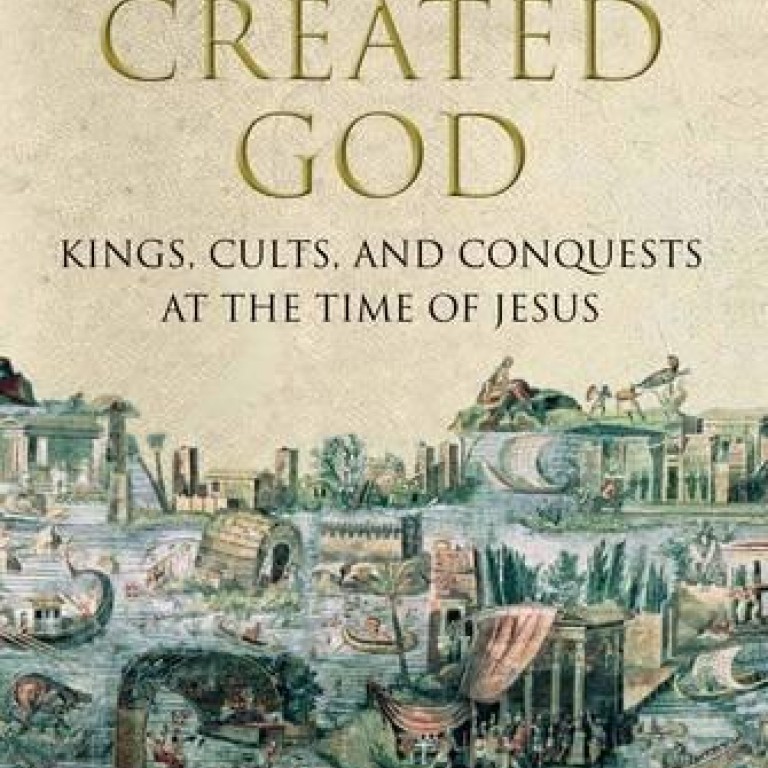
Book review: And Man Created God, by Selina O'Grady
If you lived at the time of Jesus and were looking round for a basis for your spiritual life, you would have found plenty to choose from.
by Selina O'Grady
Atlantic Books
If you lived at the time of Jesus and were looking round for a basis for your spiritual life, you would have found plenty to choose from.

Egyptian goddess Isis had temples in most cities of the Roman empire from Gaul to the Near East; in Judaea, the sore thumb of the empire, the inhabitants were loyal to a jealous god who did not tolerate the existence of any other deity. But most cults were accommodating, and could be mixed and matched.
In the East, there were hundreds of deities and creeds. In Parthia, the nobility practised a form of Zoroastrianism. In India, Buddhism was losing ground to Brahmanism, which was evolving in turn into Hinduism. Further east, most Chinese worshipped their ancestors but Confucianism was consolidating itself as the imperial philosophy and belief system.
Selina O'Grady does a fine job of mapping the complicated spiritual terrain of this period when the world was dominated by three empires, which each survived about half a millennium: Rome in the West, the ramshackle but formidable Parthian empire in the Middle East, and the Han dynasty in China.
However, this is not really a book about religion, or about belief systems. O'Grady is interested in the way spiritual beliefs and practices live in a world of power.
Governments have always been wary of the faiths that inspire a rival loyalty in their subjects. Cults can be dangerously revolutionary, or they can be useful tools for uniting people behind their secular leaders.
O'Grady wants to know why, of the thousands of religions and superstitions and cults and philosophies, and the tens of thousands of prophets and preachers, gurus and messiahs of the ancient world, a handful triumphed, while the others crumbled into oblivion. Above all, why did the Jesus cult, so obscure and inauspicious in its beginnings, survive against the odds and become, under Constantine and then Theodosius, the official religion of the Western world?
To achieve that kind of success, a cult needs to appeal beyond its local base, and to speak not to a single tribe or a political elite but to all people. It was the tireless missionary work of Saint Paul, repackaging a provincial Judaean cult as a universal religion, that prepared Christianity for its remarkable takeover of the Roman empire.
The Jesus cult had another trump card: it promised its believers eternal life. Any amount of suffering in this world could be borne without complaint: the reward would be hereafter. This created a state of mind comforting to the faithful - and useful to the government.
